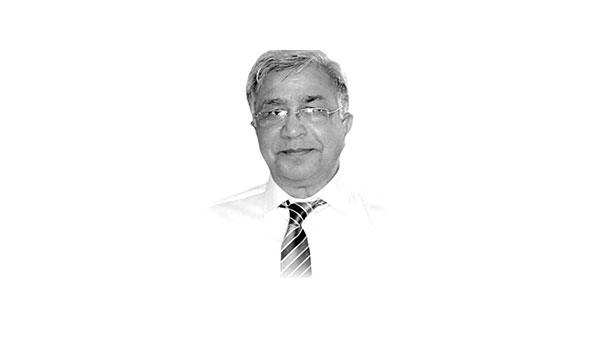Strengthening civic dimension of education
EDUCATION means teaching and training young people to make them perform for their benefit and their families and society. Recently, the need for rapidly extinguishing civic education has been acutely felt.
It is more specifically because of the community’s falling standards of moral and socio-cultural values even when people are getting education more than ever in Pakistan.
This has generated moral bankruptcy and violation of human rights at the official and general levels.
No one is willing to know their duties towards society and not even ready to improve the socio-political condition of the community.
Here, civic education intervenes because only it aims to provide knowledge of the rights and responsibilities of the people of a nation.
Here the phrase ‘knowledge is power’ fits very pertinently because if one does not know the rights and duties, one has no power of knowledge.
Besides, one gets this power of knowledge through the establishment of the democratic institution of the country because democracy guarantees its success as well as the provision of rights to the citizens, along with reminding and forcing the citizens to perform their duties efficiently.
In Pakistan, this fruit of democracy could not be reaped, as it is done in western democracies.
Western democracies have empowered their people through the civic education that the democratic process guarantees.
One of the significant reasons the Pakistani democratic system fails to empower its people is that it has been available intermittently.
The Pakistani nation would have learned its rights and duties long ago if it had been allowed to perform in Pakistan without the dictatorship’s invention.
Although in Pakistan, in recent years, frequent seminars and talks have been held to make sections of the society aware of their right, especially the right to get information.
Some laws and legislation have also been done. But at the scale of need, this is a tiny fraction of what is needed, and that is why a clear light of this awareness is very little shining, not even in pockets of society.
Now the time has come for us to empower our people by providing this knowledge of rights and duties by making it a part of the syllabi from the beginning of primary and tertiary levels and may continue up to graduation.
To make it necessary practical measures should be taken to highlight its significance because all laws are not written in black and white.
There may be unwritten laws kept alive and enforced by the social practices of the society. We, Pakistanis, are part of the international community now because of the hyper-connectivity of the Internet all around the world.
This is the time that we must know our duties and rights not only towards ourselves but also to the world.
The concept of global citizenship is being popularized to necessitate and empower the people.
Unfortunately, Pakistanis are being left behind because our society lacks civic education praxis.
It should be a two-way process that we may empower our people through knowledge of duties and rights and discipline the use of this power through civic education and morals training.
One of the ways to establish this discipline is to make it a necessary part of the examinations—theoretical as well as practical—interviews and competitive academic activities.
The students may be awarded their degrees when they have performed certain hours of community activities to spread awareness about civic education and exhibit themselves as models of civic practices.
Our media can play an even more significant role in civic education’s spread, establishment and practices because of its outreach among young people.
Social media is part and parcel of social training of the people because through it, consciously or unconsciously, everyone is learning and achieving new heights of knowledge and information.
Our local social media may highlight and popularize positive and humane social values in society and promote awareness campaigns to empower citizens through knowledge of rights and duties.
Moreover, it should laud and eulogize the positivity of civic education, condemn the violation of the people’s rights, and teach them the usefulness of doing our duties towards our fellows and the society at large.
Only then the dream of a fully empowered Pakistani nation can be realized. Literary activities can play an even primary role in this regard.
The writers of fiction, drama, poetry and other genres must make civic education a compulsory component of their literary productions.
Moreover, books by sages of history and Nobel laureates should be popularised especially among young people.
The social and academic debates, conferences and gatherings can also go a long way in developing Pakistani people as democratically empowered.
—The writer is a Professor of English at Emerson University, Multan, and has a vast international exposure.










